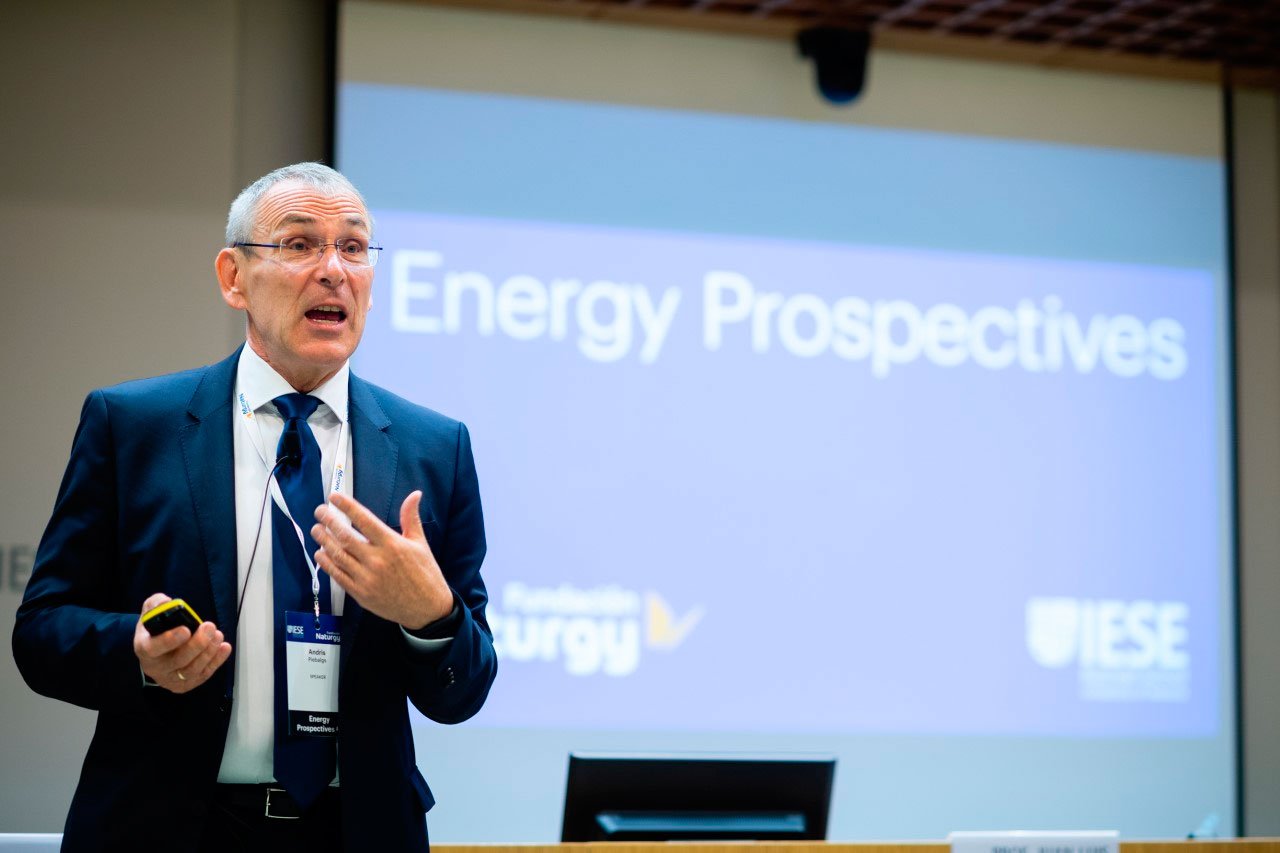Andris Piebalgs: “Participants in the energy markets must have suitable incentives to operate efficiently in the short term and invest appropriately in the medium and long term.”
Today in Madrid, the Energy commissioner stated that it is necessary “to promote flexibility in the wholesale market and provide clear pricing signals to encourage continuous penetration of renewable energy and to guarantee investments.”
The researcher at the Centre for Monetary and Financial Studies, Jorge Padilla, spoke about incorporating renewable energy into the wholesale electricity market and supported the need to design suitable capacity remuneration mechanisms.

For an effective transition, “the energy markets need clear and well-designed regulations” because competitive markets offer efficient results. “Participants in the energy markets must have suitable incentives to operate efficiently in the short term, invest appropriately in the medium and long term, internalise environmental costs and innovate. These are statements from the former EU energy commissioner, Andris Piebalgs, who took part in the third edition of the ‘Energy Prospectives’ conferences today, organised by the Naturgy Foundation and the IESE Business School.
Piebalgs explained that in order to have a flexible European electricity market it is necessary “to promote flexibility in the wholesale market and provide clear pricing signals to encourage continuous penetration of renewable energy and to guarantee investments.”
The future strategy includes “a robust electrification of the renewable energy base and the development of low-carbon gas and the coupling sector (incorporation of electricity and gas)”, he said.
“The European Union (EU) is considerably increasing the role of renewable energy with large-scale wind-power projects in the North Sea and the Baltic Sea, and solar projects in southern Europe. But today, renewables represent only 23% of final energy consumption in the EU, so development of low-carbon renewable gas is urgent,” stressed Piebalgs. “Biomethane, green hydrogen and grey hydrogen are the clearest options that are being worked on, but they must be developed on a large scale.”
Share